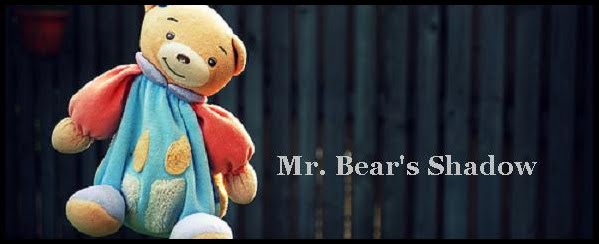I have finally got around to watching two of the most discussed documentaries of recent times: Ross Kemp on Gangs: New Zealand, and Loose Change: An American Coup.
Some quick conclusions :

Ross Kemp
Kemp provides a valuable introduction and mild insights into gang (namely Mongrel Mob) culture in New Zealand. But I couldn't help but conclude that his personal approach contained all of the character of TV3's Money Man. The fact that the documentary was made with an eye on the *gasp* factor for it's British audience was horribly transparent. Kemp does well in his investigations, but is too uneducated in both New Zealand and Maori culture and history to ever really venture beyond the 'introduction' stage. And I very much disliked his conclusion, during which he describes his shock at 'discovering pockets of such savagery in such a civilised nation' (to paraphrase). It seems some discourse doesn't even change in four hundred years. However, having said this he manages to handle the subject with integrity and from an appropriate and (for the most part) objective angle. I would like to see the same subject approached similarly from a New Zealand journalist with an education on New Zealand and Maori culture, for a New Zealand public. The documentary had real merit.

Loose ChangeA believable bundle of ideas delivered in an unconvincing package. The documentary attempts to argue that the US Government has lied about all the events of September 11th, 2001, and it was infact the Government which planned and executed the attacks on the WTC, Pentagon, and the 'crash' of Flight 93. The documantry provides evidence that both the North and South Towers of the WTC were brough down from explosions originating in the basement; the Pentagon was struck not by a plane, but by a cruise missile; and that Flight 93 never crashed but landed safetly in Cleveland. It does so with media analysis, scientific invesitgation, and exploiting inconsistencies with supposedly hard evidence that the attacks were executed by terrorists. Once such example of this is an argument that phone calls made from passengers on all four aeroplanes to their loved ones were faked, and constructed by the government using voice-morphing technology.
As I said, much of this evidence is believable. But it is thrown together in such a rag-tag way that it looks as though the producers were glossing over noticable holes in their arguments. Namely, they don't take into consideration any alternatives, which is highly detrimental to the credibility of their argument. The compilation of evidence for their argument consisted of practically anything and everything they could find thrown together, sometimes without explanation for it's inclusion in the debate. So much time is spent trying to draw links between the events and the government, that they never focus enough on what they're actually talking about to concrete their arguments, and thus making the arguments appear silly. Perhaps the filmmakers fell victim for their passion about the subject. Overall, I would suggest this documentary for anyone who has a spare 120 minutes and can't be bothered doing their own research.


